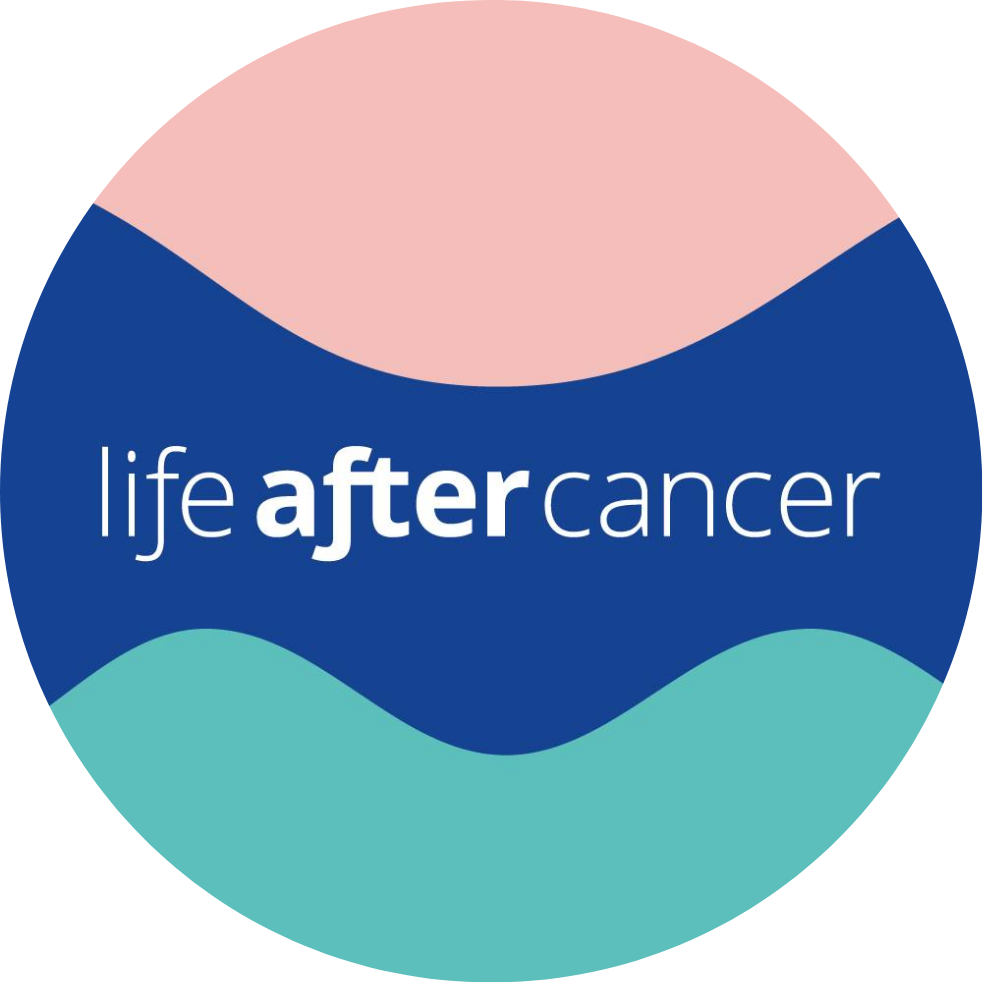Fitness after cancer treatment with Sarah Newman
- Life after Cancer

- Sep 20, 2022
- 4 min read

Meet Sarah Newman
Cancer & Exercise Rehabilitation coach
Sarah (She/her)
Diagnosed 2018 - Cervical Cancer
Anyone who has been through or watched someone go through cancer treatment will know how physically and mentally challenging it can be, pushing the body and mind to its absolute limits.
Adding exercise into the mix therefore seems completely crazy. ‘How can I possibly find energy, let alone motivation to exercise!’ I said to my consultant when she first suggested I get out and about. I could barely walk down the stairs!
"I was determined not to lose all control of my body, and exercise was my control. But I wasn’t wrong - while it was questioned in the past, it is now widely agreed that exercise is safe, feasible and beneficial following a cancer diagnosis."
Regardless of what cancer you have and the care plan you’re given, by being physically active you may be able to reduce the chances or severity of some of the side-effects you experience during treatment, and even reduce the risk of recurrence.
Is it safe to exercise after cancer?
YES! In fact, it is recommended and hugely important for most people living with and beyond cancer, at all stages of care – that’s during treatment, after treatment and for those living with advanced cancer.
Why should I exercise after cancer?
Being more active before, during and/or after cancer treatment has enormous benefits -
Reduces cancer related fatigue and improves sleep quality
Helps maintain cardiorespiratory and muscular fitness
May reduce treatment side effects
Improves psychological well-being and increase confidence
May reduce the risk of cancer recurrence and prolong survival
Keeps your bones and joints strong even after menopause
May reduce muscle wastage during and after treatment especially chemo
Can give you back a sense of normality and control
When should I start exercising after cancer?
NOW! Being physically active can be beneficial at all stages of your cancer journey.
There is growing evidence that exercise should be an essential part of any cancer treatment and management plan.
How can I be more active after cancer?
Any kind of activity is better than none - you should aim to move as much as possible as often as possible.
Try starting by walking to the shops, increasing your daily step count, gentle yoga or going for a walk in the park with a friend.
If you feel well enough, consider joining an exercise class, or working with a specialist trainer to help rebuild your strength and fitness.
How much exercise should I be doing after cancer?
Recommendations to work up to are -
150-300 minutes per week or 20-30 mins a day of moderate intensity cardiovascular exercise / less if you’re exercising to a higher intensity
2-3 strength training sessions a week
Stretching daily to improve flexibility
Breaking up long periods of sitting to move more and sit less
What should I be aware of before exercising after cancer?
It’s always worth checking with your nurse or doctor before you start becoming more active.
If you are unsure what to do or want some more detailed advice, get in touch with a Cancer & Exercise Specialist near you who will be able to help develop a personalised exercise programme, based on your age, fitness level, cancer, treatment and other factors.
It is important to remember that any kind of activity is better than none, you should aim to move as much as possible as often as possible.
The key things to consider before you start exercising after cancer are -
Exercise to feel energised, not exhausted
Build up gradually, don’t try and do what you could before immediately
Progress weight slowly if you’re strength training
If you have had radiotherapy or surgery to the lymph nodes avoid ‘static’ exercises (that you hold for a long time) and lifting weight too heavy
Allow a day or so in between sessions for recovery
Give exercise a miss if you develop new feelings of pain, feel unusual muscle weakness or feel dizzy, have chest pain or other sudden symptoms – stop immediately if these develop whilst exercising
Where can I safely exercise?
For those worried about public spaces, too many people and lurking germs, try exercising outside or in the comfort of your own home.
It’s worth knowing that exercising outside has been shown to have additional benefits not only physically, but mentally.
Being in the great outdoors can help boost mood, self-esteem, make you work harder and even raise vitamin D levels.
Where can I find more information on exercising and cancer?
National charities supporting cancer and exercise are -
More about Sarah Newman -

Sarah from Get Me Back is an outdoor fitness enthusiast. She qualified to be a specialist personal trainer after her own cancer experience when she struggled to find the right support to help with her recovery.
She set up her business to help others benefit from remaining active before, during and after their cancer treatment.
Sarah holds a CanRehab Level 4 Cancer & Exercise Rehabilitation qualification and is also a Breast Cancer Rehab Coach. She works virtually and face-to-face in Surrey predominantly with women with breast or gynae cancers.
If you would like to get in contact with Sarah -


Comments